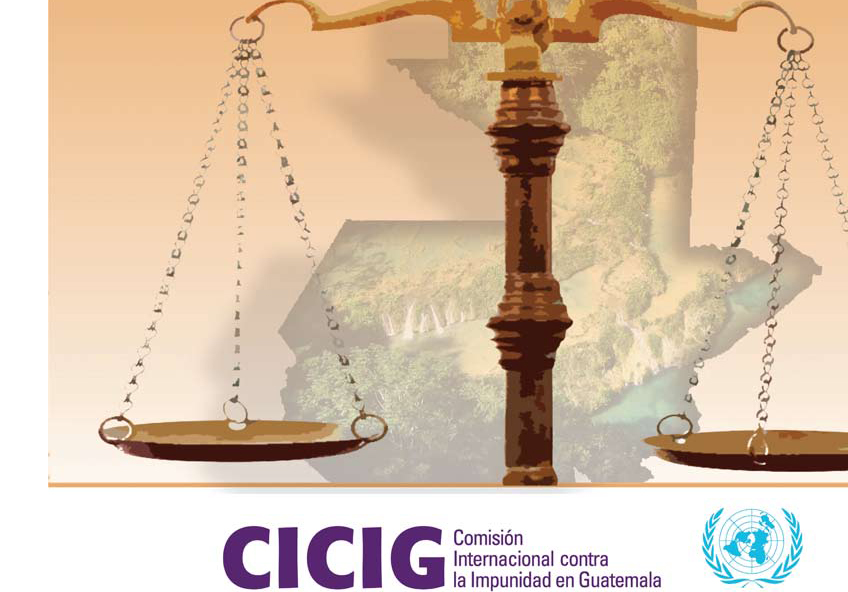
Oct 1, 2018 | News
The Inter-American Commission of Human Rights (IACHR) held a special hearing on the role of the International Commission against Impunity in Guatemala (CICIG) in Boulder, Colarado.
Ramón Cadena, the ICJ Director stated “We regret that the Government of Guatemala requested the IACHR to hold the hearing behind closed doors since all the points discussed were of public interest. The discussions should have been open to the press and the general public. We urge the authorities to ensure there will be no retaliations against the work carried out by human rights organizations and human rights defenders.”
The ICJ welcomed the participation of many NGOs at the event and the frank dialogue that took place on this crucial issue for human rights in that country. The Guatemalan government delegation claimed that the Inter-American System of Human Rights was not competent to consider the matter. However, the IACHR maintained it was competent, according to the American Convention of Human Rights and other regional human rights legislation. As an “external observer”, the IACHR stated it was “surprised” by the latest decisions taken by government authorities at the highest level not to extend the CICIG mandate nor allow the entry of Commissioner Iván Velásquez into the country. It considered these decisions were “excessive” and in no way strengthened the rule of law in Guatemala.
The government delegation further argued that the CICIG acted as a “parallel prosecutor” which affects the internal order of the country. The NGO delegation stated that on the contrary the CICIG acted as a “complementary prosecutor”. The delegation further noted that before the CICIG mandate was approved, the Constitutional Court, in an opinion published in the official gazette on 8 May 2007 (document no 791-2007), considered that the CICIG did not violate the constitutional order nor the rule of law in Guatemala.
The Constitutional Court referred to the CICIG as having “the function of supporting, assisting and strengthening the state institutions responsible for investigating crimes committed by illegal and clandestine security forces .. and does not exclude the possibility of receiving support from other institutions in the collection of evidence, provided that the participation has been established in a legal manner, as in the present case.”
The IACHR considered that the essential question was whether the State of Guatemala already had the judicial independence and strong institutions necessary to fight against corruption in Guatemala without the support of the CICIG. The NGO delegation considered, based on different arguments, that the presence of the CICIG in Guatemala was still necessary.
The IACHR also informed the government delegation that it was in their interest to invite an in-situ visit of the IACHR as soon as possible so as to better understand the human rights situation.
The ICJ Director for Central America Ramón Cadena participated in the hearing at the request of the Central American Institute for Social Democracy Studies (DEMOS), the Committee for Peasant Development (CODECA) and the Network of Community Defenders. The Indigenous Peoples Law Firm had been requested to attend by these organizations but was unable to do so at the last moment.
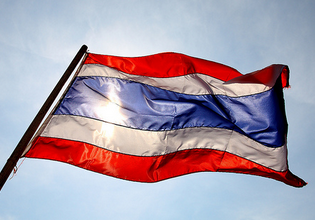
Oct 1, 2018 | News
The ICJ expressed disappointment regarding Friday’s ruling by Thailand’s Administrative Court dismissing a case filed against the Royal Thai Police (RTP) for unjustified restriction of the freedom of peaceful assembly and freedom of expression, and again called on Thailand to lift its ban on political gatherings and fully reinstate fundamental freedoms in Thailand.
On 28 September 2018, the Administrative Court dismissed a case filed by the organizers of a “We Walk Friendship March” (‘We Walk march’) against the RTP and six policemen for restricting the march on the basis that it was in violation of Head of NCPO Order No. 3/2558 (2015) (‘HNCPO Order 3’).
The Administrative Court referred to the Thai Constitution, the Public Assembly Act B.E. 2558 (2015), the International Covenant on Civil and Political Rights (ICCPR) to which Thailand is a State party, and HNCPO Order 3, in deciding that the march was a public assembly. Its decision clarified that the case had to be dismissed as the RTP’s actions had complied with the Public Assembly Act.
“It is astonishing that more than four years after the coup, HNCPO Order 3 and other repressive laws, orders and announcements which restrict fundamental freedoms remain in place,” said Kingsley Abbott, Senior Legal Adviser at the ICJ.
“The Administrative Court missed a critical opportunity to deliver an opinion that the ban on political gatherings should be lifted and that all laws, orders and announcements that are inconsistent with Thailand’s international human rights obligations should be amended or revoked immediately to reinstate all fundamental freedoms in Thailand,” added Abbott.
The march, which went ahead peacefully, aimed to bring attention to the need in Thailand for universal healthcare services, policies guaranteeing food security, laws that would not violate human rights, and public participation in the development of the Constitution.
Contact
Kingsley Abbott, ICJ Senior Legal Adviser, email: kingsley.abbott(a)icj.org
The ICJ’s full statement in English is available here: Thailand-Ban on Political Gatherings-News-Web Story-2018-ENG
The ICJ’s full statement in Thai is available here: Thailand-Ban on Political Gatherings-News-Web- Story-2018-THA
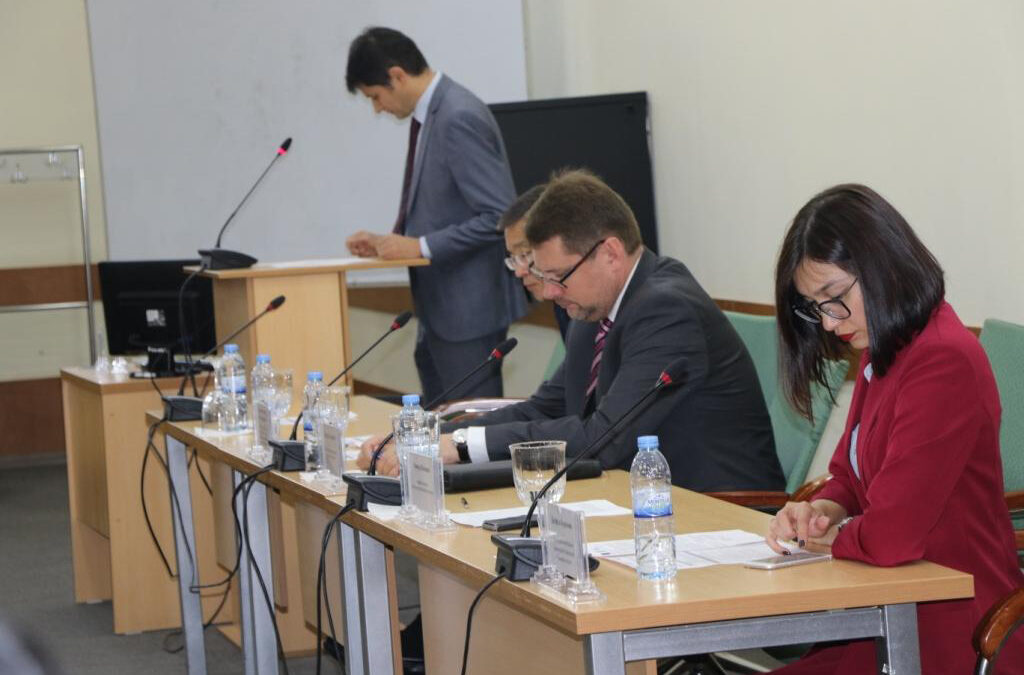
Sep 18, 2018 | News
Today, the ICJ and the Tashkent State University of Law (TSUL) are launching a series of expert discussions on economic, social and cultural rights (ESC) to advance civil society in promoting these rights in Uzbekistan.
These expert discussions are part of the project “Access to justice in economic, social and cultural rights project (ACCESS)” supported by the European Union.
They aimed to increase awareness about the implementation of international law and standards on ESC rights before national courts, to facilitate access to justice for ESC rights and effective use of international human rights law for ESC rights.
Every two months, they will bring together lawyers, advocates, specialists, academia and law students via interactive discussions, research papers, peer review articles and policy papers. Selected papers will be published by the end of 2019.
“The cooperation of our university with the ICJ and with support of the European Union opens big perspectives for all of us,” said Esemurat Kaniyazov, Rector of TSUL and Deputy minister of justice of the Republic of Uzbekistan.
“Tashkent State University of Law (TSUL) is happy to start cooperation with the International Commission of Jurists (ICJ), which will have an impact into further increase of awareness level of the society about implementation of the international legal norms and standards in economic, social and cultural rights in domestic courts, access to justice from point of view of economic, social and cultural rights and also effective application of international human rights law for protection of these rights,” he added.
“So, planned cooperation will affect further progress in conducting research of the normative and legal base of Uzbekistan in economic, social and cultural tights and follow the obligations of the international human rights law,” Kaniyazov said.
“These discussions on economic, social and cultural rights as justiciable rights in light of international human rights law are crucial for the understanding the legal nature of ESC rights and ability of individuals to have access to justice when defending them,” said Temur Shakirov, Senior legal adviser of ICJ.
“Economic, social and cultural rights including the right to work and equitable conditions of work, social security, family life and access to housing, food, water, health care and education and other human rights can and must be guaranteed as enshrined in the International Covenant on Economic, Social and Cultural rights to which Uzbekistan is a party. The ICJ looks forward to this initiative we are starting jointly with the TSUL,” he added.
Contact:
Dilfuza Kurolova, ICJ Legal consultant, t: +998 90 9050099 ; e: dilfuza.kurolova(a)icj.org
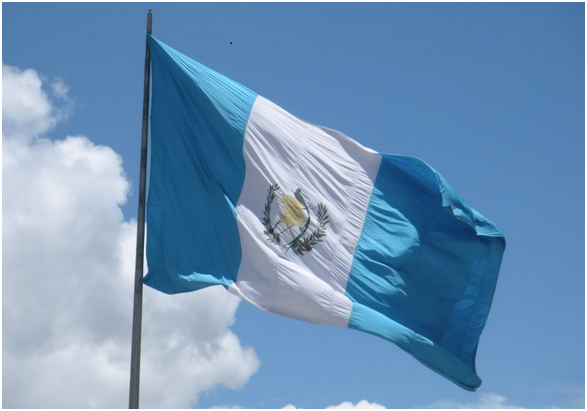
Sep 17, 2018 | News
On 16 September, the Constitutional Court made public its decision to order that the Commissioner of the International Commission against Impunity (CICIG) Iván Velásquez be permitted to re-enter the country.
For more than a decade, the UN-backed CICIG has helped investigate high-profile officials for corruption.
Under the tenure of head commissioner Ivan Velasquez, the CICIG has helped Guatemalan prosecutors investigate and prosecute many high-level politicians, judges and government officials, including former president Otto Perez Molina and members of his cabinet.
Elected in 2015, current President Jimmy Morales initially supported the CICIG but he himself and other family members have become subjects of investigations into illegal campaign financing. They deny all charges.
President Morales declared on 31 August that he would not renew the mandate of the CICIG which is due to expire in September 2019 and then proceeded to ban Commissioner Velasquez from re-entering the country.
This decision sparked a number of protests including legal challenges in the Constitutional Court.
“The decision by the Constitutional Court should permit the CICIG to continue its work. It removes one of the greatest obstacles, imposed by order of Guatemalan President Jimmy Morales himself, to the fulfilment of Guatemala’s international obligations, as enshrined in the International Accord on Human Rights which created the Commission,” said Ramon Cadena, ICJ Director for Central America.
With respect to the amparo lawsuits which sought an injunction to reverse the the decision of the President Morales not to renew the mandate of the CICIG, the Constitutional Court declined to order provisional measures and therefore these legal proceedings will continue until they are determined in court.
“The ICJ urges the Constitutional Court to respect the legal time limits and to make a final decision on the lawsuit, in compliance with international human rights law and standards.
If the mandate of the CICIG were not renewed, it would seriously affect access to justice and constitute a major obstacle to the fulfilment of Guatemala’s international obligation to combat impunity,” Ramon Cadena added.
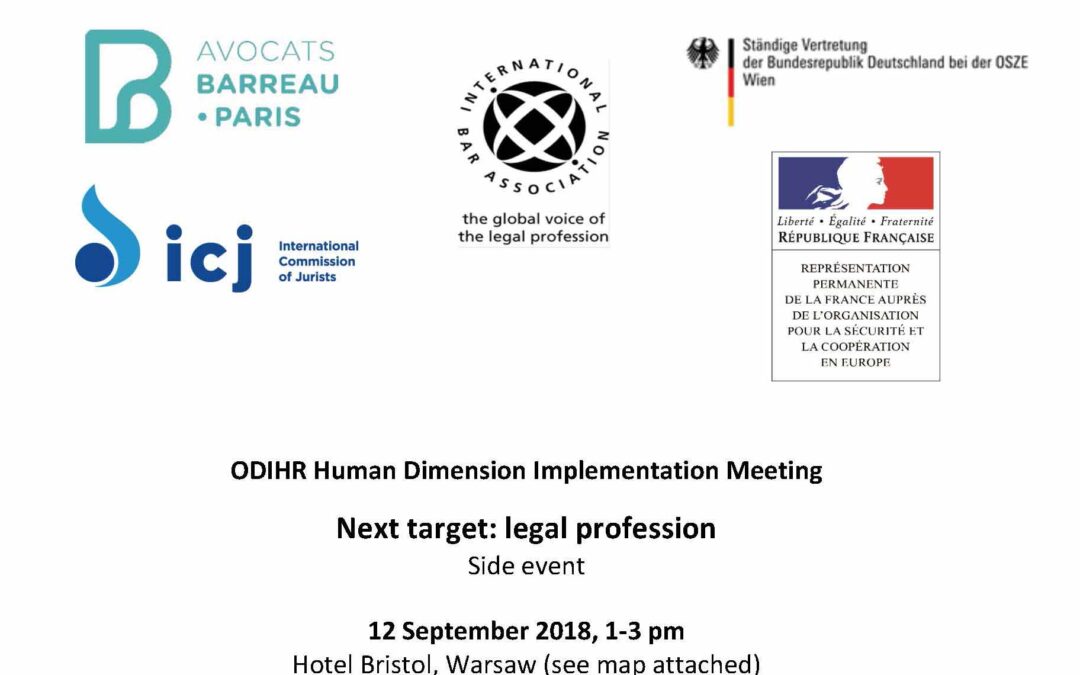
Sep 10, 2018 | Events, News
The legal profession plays a crucial role in ensuring access to justice for all, transparency and accountability of the state, Rule of law and the respect for human rights.
Yet, instead of being perceived as a vital player to the justice sector, today lawyers are often targeted by the governments in many OSCE countries for seeking truth and justice. As a result, lawyers often face high risks of persecution, harassment as well as severe sanctions for doing their job.
This side-event aims to specifically discuss the situation of lawyers in Belarus, Russia, Azerbaijan, Tajikistan and Kazakhstan. The discussion will extend to consider the latest developments related to the rights of lawyers and their independence in the respective countries, and what impact this has on the overall rule of law and human rights situation.
This side event will take place on 12 September 2018, from 13.00 -15.00 at Hotel Bristol, Warsaw
Moderator: Jurate Guzeviciute, Programme Lawyer, International Bar Association’s Human Rights Institute
Presentations and Discussions:
Independence of the legal profession and harassment of lawyers in Eastern Europe and Central Asia:
- Tajikistan: Dilrabo Samadova, lawyer, Tajikistan
- Azerbaijan: Nijat Mammadbayli, lawyer, Azerbaijan
- Kazakhstan: Snezhanna Kim, lawyer, Kazakhstan
- Russia: Róisín Pillay, Director of the Europe Regional Programme, International Commission of Jurists
- Belarus: Anne Souléliac, Head of the Human Rights section, Paris Bar Association
Organizers: Permanent Mission of the Federal Republic of Germany to the OSCE, Permanent Representation of France to the OSCE, International Bar Association’s Human Rights Institute, Paris Bar Association, International Commission of Jurists.
Poland-HDIM_Side event-News-event-2018-ENG (flyer of the event in PDF)









